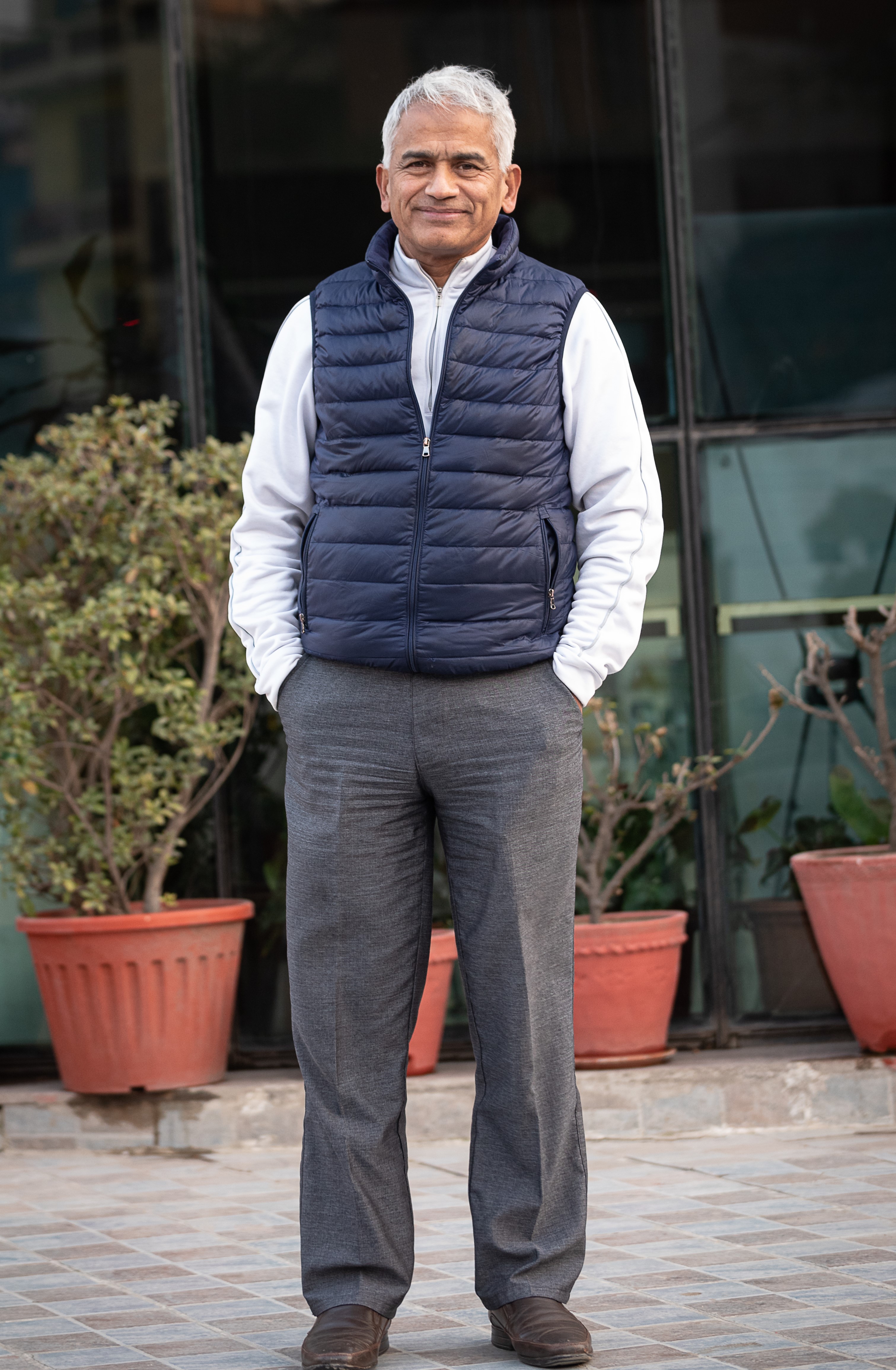A healthy, educated, and hospitable country
Three ways to realize the vision:
1) Ensure quality health care for all
2) Provide education for all and encourage meritorious students
3) Develop eco-friendly infrastructure
Nepal still has a long way to go in order to be a prosperous nation. To achieve the desired growth and development, we should focus on some key areas. Health is one of them. To build this country we need a physically and mentally healthy population. We must also learn to be more cordial and kind, which will not only foster cooperation and build a peaceful society but also help promote tourism.
Again, there are many engines that drive a country, but health, education, and infrastructure are the major ones. We should work on these three fields simultaneously to elevate our society.
Quality and accessible healthcare
The state must ensure quality healthcare for all. Nobody should be compelled to leave the country for treatment. To make this possible, we must improve our healthcare infrastructure, human resources, and management.
There must be at least one hospital in the country with the facilities and resources to treat every kind of disease. It is also important to improve the quality of healthcare services, particularly at government-run hospitals and health facilities. They should at least maintain a minimum standard of care, which must be monitored regularly. Every province should have a multispecialty hospital with an adequate number of specialists.
Also read: Onsari Gharti Magar: Make Nepal a socialist country
The government should also create adequate positions for all levels of health care workers, to fill in the gaps of HR. The minimum wage and other incentives for healthcare workers should be revisited. We should increase the number (pool darbandi) of positions of doctors and mobilize them to the primary level health facilities. This diversification and decentralization of healthcare workers will improve public health access.
The other area of improvement is the quality of leadership in healthcare. Incompetent leadership is a major problem besetting Nepal’s healthcare, which owes largely to the culture of political appointments. So we should let experts’ panels rather than political leaders choose the leaders of our health institutions. The head of any health institution should have the managerial knowhow and skills to ensure smooth daily operation. A prospective manager should have a course or training on basics of management and public procurement rules.
If we have well-functioning and robust institutions, it won’t matter even if the country’s politics and the leadership are faring badly.
The Government should also fund the treatment of curable pediatric conditions and establish multidisciplinary pediatric institutions. Partnership with non-profit organizations is one way to do this. We should look at this as an investment for our future generations.
Likewise, treatment of non-communicable diseases and surgical conditions must be included in the national health programs so as to achieve universal health coverage. All these areas need funding and the sustainable way to do so is through national health insurance, which should be mandatory for all. The efficiency and capacity of the Health Insurance Board should be improved.
Community health service is the backbone of Nepal’s healthcare. Our female community health volunteers are filling the health accessibility gap in rural areas where doctors and healthcare workers are few and far between. So until we can expand our health infrastructure and the number of professional healthcare workers across the country, our immediate concern should be improving the skills and capacity of our female community health volunteers (FCHV). One way is to recruit FCHVs with more formal health education and give them incentives.
Education to develop well-rounded individuals
Education is another area where Nepal needs to improve. This country needs well-rounded individuals and for this we must change our approach to education. From early on, children should be taught social science by their parents and teachers. This will teach them moral values and behaviors that will serve them well for the rest of their lives.
First, we must focus on improving education-access by investing in schools and colleges across the country. Each province must have at least one academic institution that offers quality higher education and produces qualified graduates in many disciplines. Nepal must decentralize its education so that students don’t always have to travel to Kathmandu to pursue higher studies.
Second, basic education should be made free and compulsory for all. As for higher studies, there should be merit-based admissions and need-based scholarships.
The government and educational institutions should also offer internship and placement programs for new graduates so that they can get a head start before they begin their professional careers.
Eco-friendly infrastructure
While infrastructure development is the key to economic growth, it can also have a deleterious impact on the environment. So Nepal needs eco-friendly methods of building infrastructure. We should always be mindful of the environment while developing large infrastructure projects.
At the same time, we should plan for new settlements for relocation of villages in extremely remote and high altitude regions, where infrastructure like roads and bridges are difficult to build. This approach will help the economy and protect the environment.
Nepal should also invest in green energy infrastructure and take steps to reduce the use of fossil fuels. For example, we can start by banning fossil fuel vehicles and domestic wood burning in conservation and national park areas, where many international tourists visit. We should then gradually phase out fossil fuels. Our leadership should set a time-bound goal for this. We must be ahead of the curve in climate action. Doing so will not just reduce pollution but also send a positive message about Nepal’s commitment to climate and environment conservation.

Quick Questions:
1. What would you be if you were not a doctor?
I can imagine being anyone else other than a physician. But, if at all, a health assistant. I could also have become a carpenter.
2. What is the best part of being a doctor?
The satisfaction you get when you treat your patients.
3. A quote you live by.
I have two actually: ‘Set your expectations right’ and ‘Keep your weight and wealth slim’.












